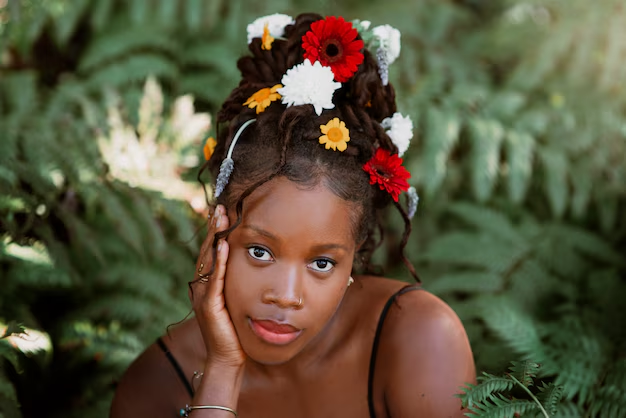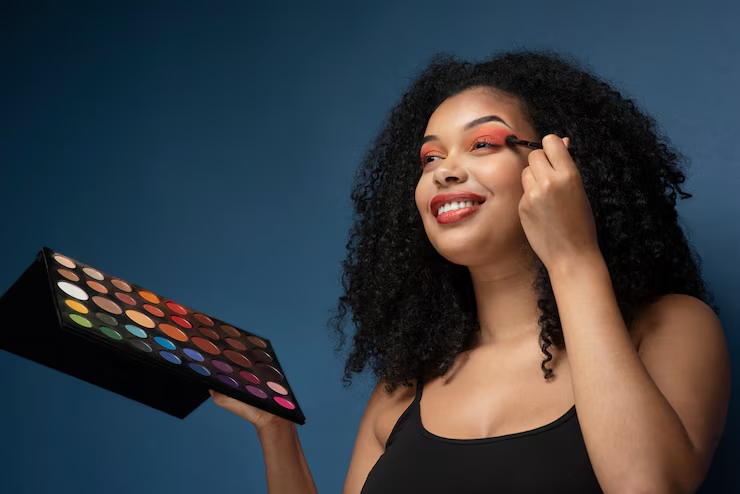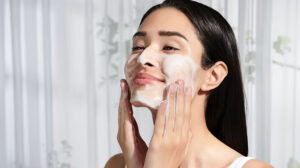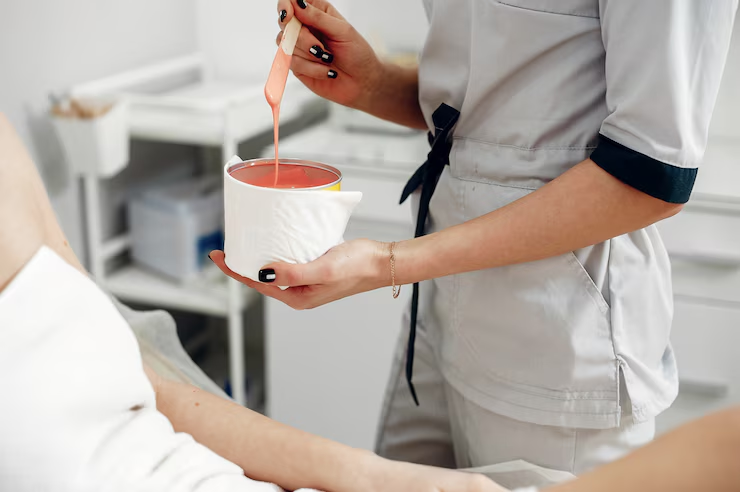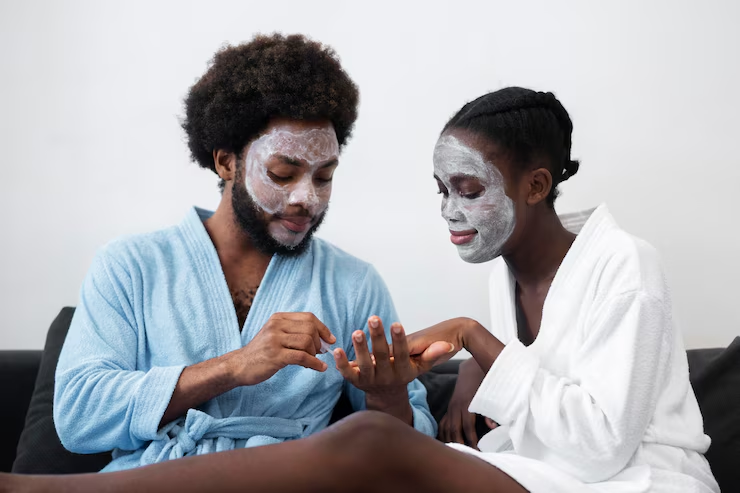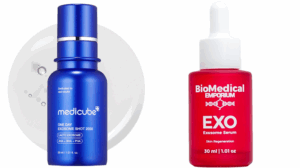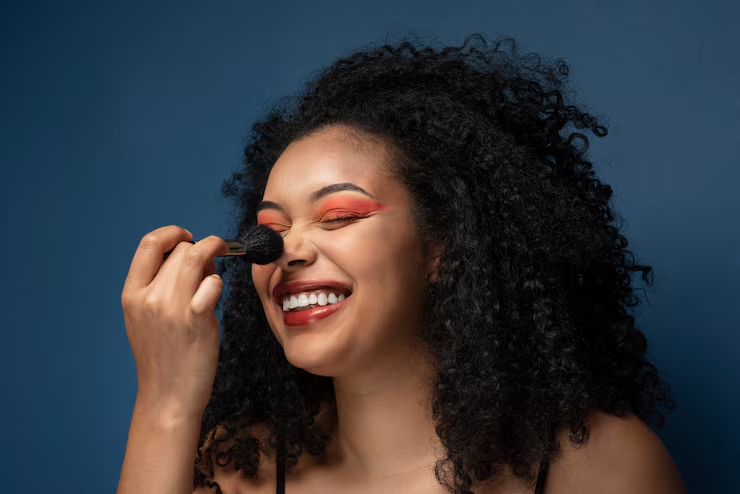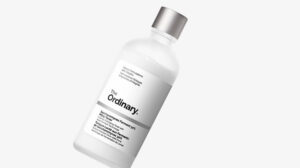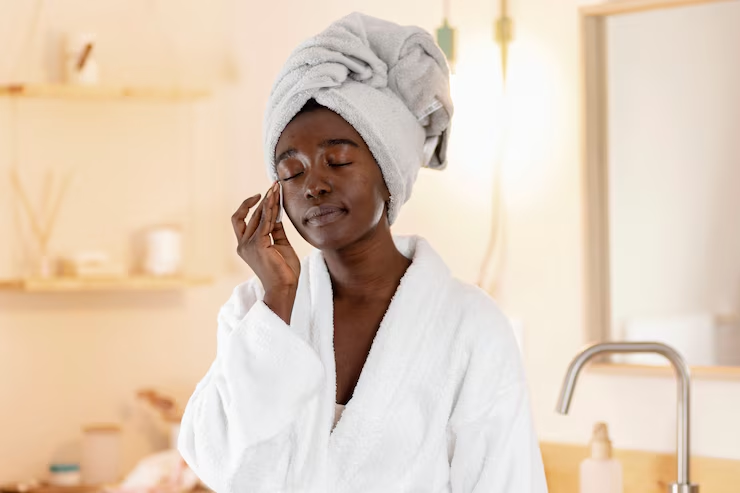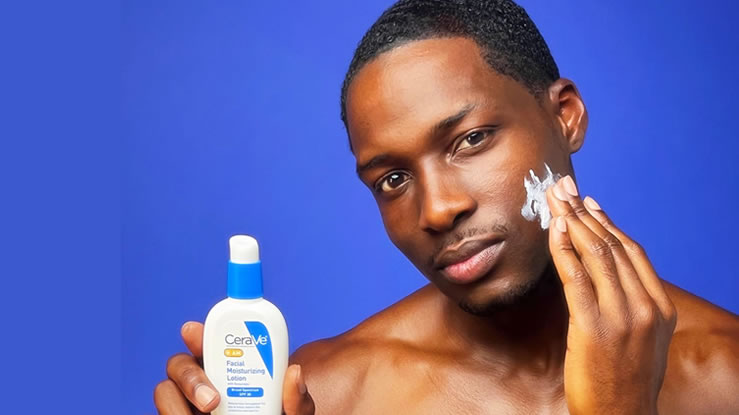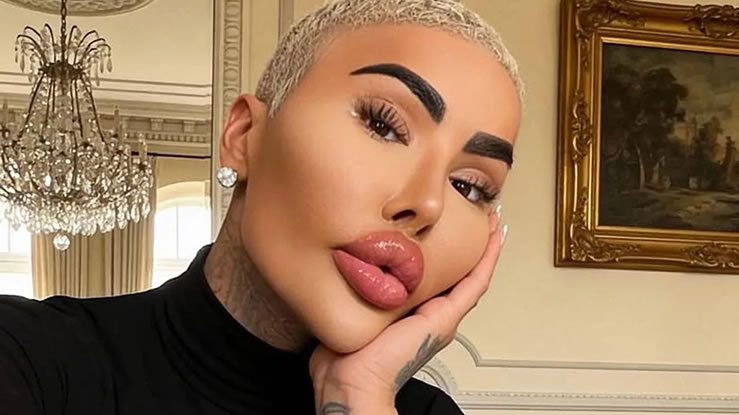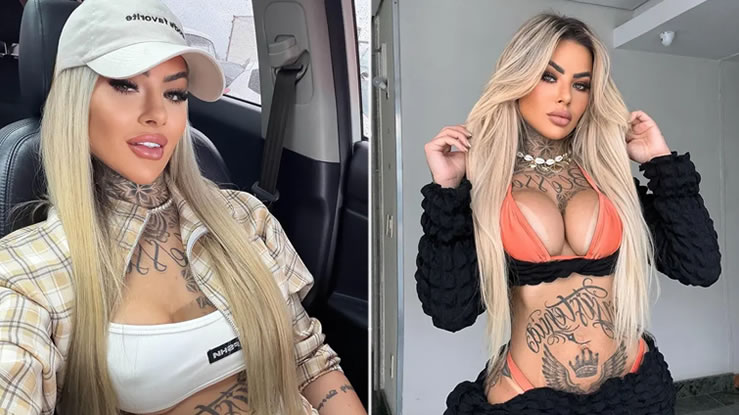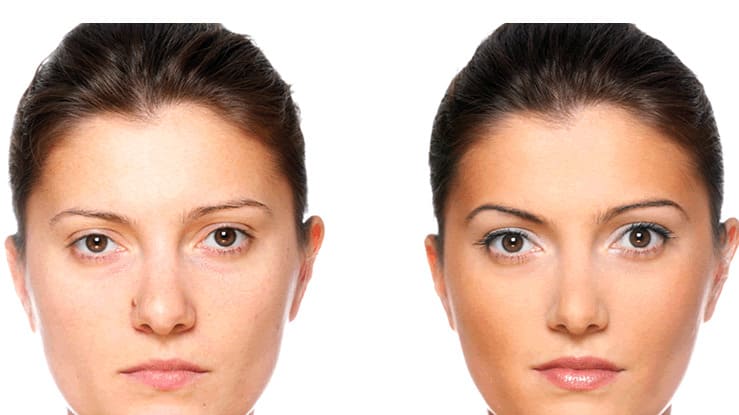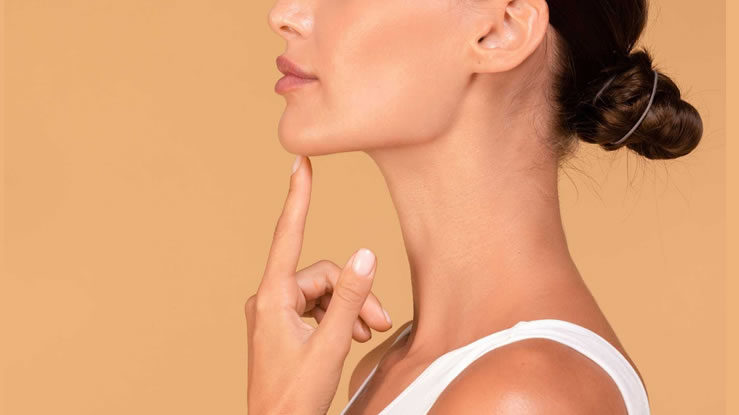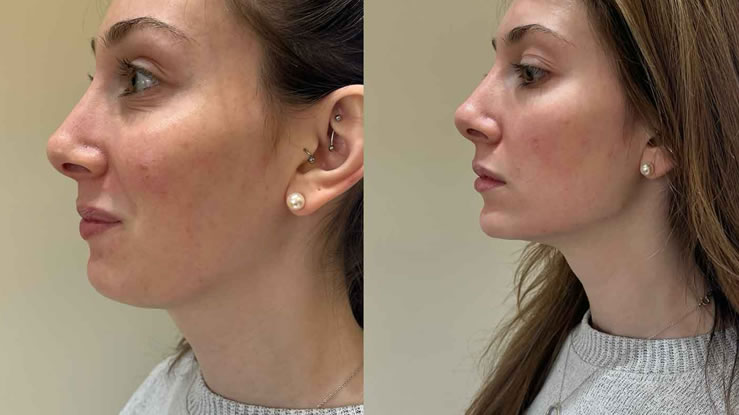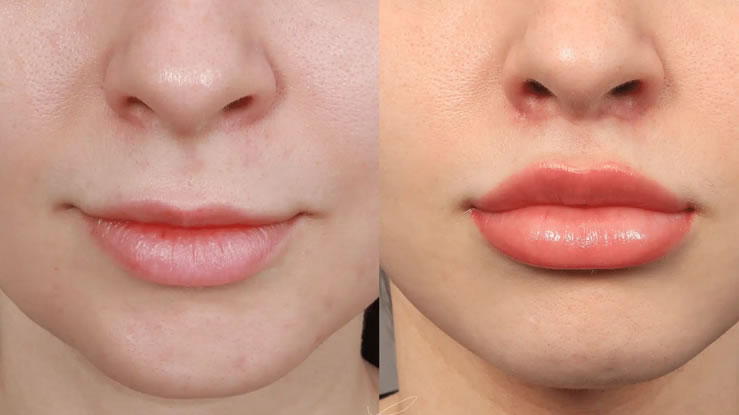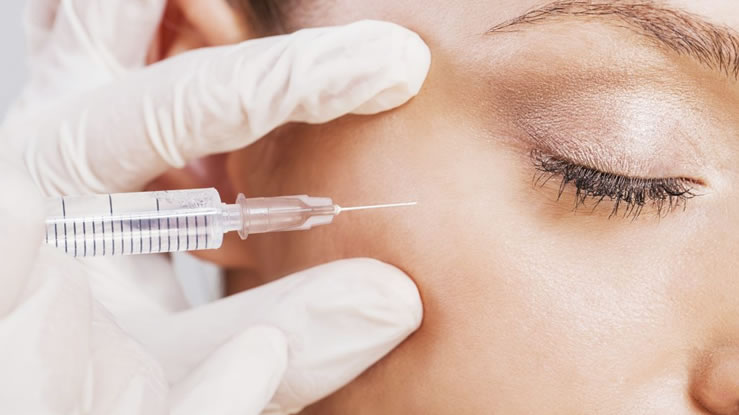Beauty in African culture is a rich tapestry woven with traditions, rituals, and unique expressions of identity. Unlike mainstream beauty standards, African beauty emphasizes natural features, community connections, and cultural heritage. This article explores the significance of beauty in African culture, highlighting traditional practices, modern influences, and the role beauty plays in self-expression and cultural pride.
Traditional African Beauty Practices
- Natural Hair Care and Styling: Hair is a central aspect of beauty in African culture. Traditional hairstyles like braids, cornrows, bantu knots, and locs are not just aesthetic but also carry cultural significance. Hair often tells a story—whether about marital status, tribe, or social standing. Natural oils such as shea butter, coconut oil, and castor oil are staples in maintaining healthy hair.
- Body Art and Adornments:
- Scarification: In some African communities, scarification is a form of beauty that signifies identity, bravery, and maturity. Patterns etched on the skin often represent familial ties or tribal affiliation.
- Henna Art: Henna, popular in North and East Africa, is used to create intricate designs on hands and feet during celebrations like weddings.
- Use of Natural Ingredients: African beauty rituals often utilize natural ingredients for skincare and wellness. Black soap, shea butter, baobab oil, and clay masks are deeply rooted in traditional practices and are now gaining global recognition for their efficacy.
- Jewelry and Accessories: Beaded necklaces, bracelets, and earrings are integral to African beauty. The Maasai of Kenya and Tanzania, for instance, create elaborate beaded jewelry that signifies age, marital status, and social role.
The Role of Beauty in African Identity
- Cultural Expression: Beauty practices often serve as a medium for cultural storytelling. Tribal markings, clothing, and hairstyles connect individuals to their heritage and community, preserving traditions passed down through generations.
- Community and Celebration: Beauty is intertwined with communal activities and rites of passage. Ceremonies such as weddings and initiation rituals celebrate beauty as a collective experience, highlighting the bond between individuals and their community.
- Representation of Power and Status: In many African societies, beauty is linked to power and influence. Elaborate hairstyles, ornate clothing, and striking accessories often indicate wealth and leadership.
Modern Influences on African Beauty
- Afrocentrism and Natural Hair Movement: The natural hair movement has gained momentum across the continent and globally, encouraging African women to embrace their natural textures. This shift challenges Western beauty standards and promotes pride in African heritage.
- Influence of Media and Pop Culture: African beauty is increasingly celebrated in fashion, film, and music. Icons like Lupita Nyong’o, Chimamanda Ngozi Adichie, and Tiwa Savage represent diverse facets of African beauty, inspiring pride and redefining global perceptions.
- Blend of Tradition and Modernity: African fashion and beauty brands are innovatively merging traditional elements with contemporary designs. Brands like Mònó, Oye Green, and R&R Luxury are leading the way in creating products that honor African roots while appealing to modern sensibilities.
Challenges and Triumphs in African Beauty Standards
- Overcoming Eurocentric Standards: For decades, African beauty was marginalized in favor of Eurocentric ideals. Today, campaigns like “Black is Beautiful” and “My Black is Beautiful” are challenging these narratives, promoting inclusivity and diversity.
- Skin Lightening: Despite progress, the prevalence of skin-lightening products highlights lingering societal pressures. Education and advocacy are crucial in promoting self-acceptance and the dangers of harmful beauty practices.
- Global Recognition: African beauty is gaining recognition worldwide, from runways to skincare aisles. This shift celebrates the continent’s rich diversity and fosters economic opportunities for local artisans and entrepreneurs.
The Future of African Beauty
- Sustainability: African beauty brands are embracing sustainability by using ethically sourced ingredients and eco-friendly packaging. This aligns with global trends while staying true to traditional practices.
- Innovation and Technology: Advances in technology are enabling African beauty to reach wider audiences. Virtual consultations, e-commerce platforms, and digital storytelling are helping share the continent’s beauty culture with the world.
- Empowering Local Communities: By supporting local artisans and businesses, African beauty fosters economic growth and preserves cultural heritage. Initiatives like “Made in Africa” encourage consumers to appreciate and invest in authentic African products.
Beauty in African culture is more than aesthetics; it is a celebration of identity, heritage, and resilience. From traditional rituals to modern innovations, African beauty embodies diversity and pride. By honoring its roots while embracing change, African beauty continues to inspire and redefine global standards. As we celebrate this rich tapestry, we are reminded that true beauty lies in authenticity and cultural pride.

